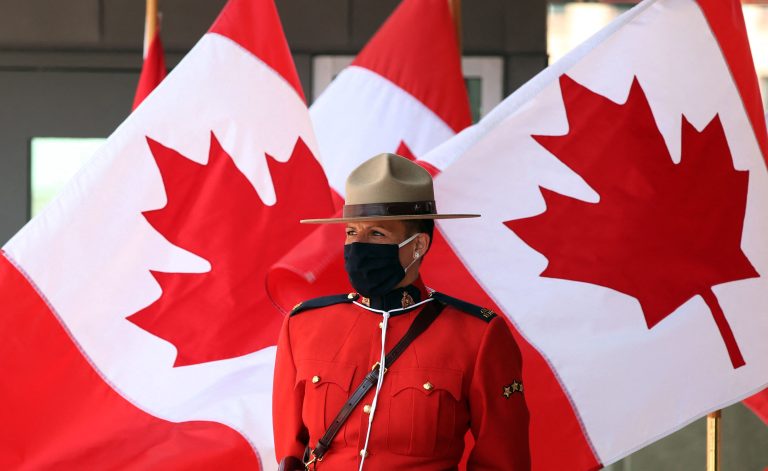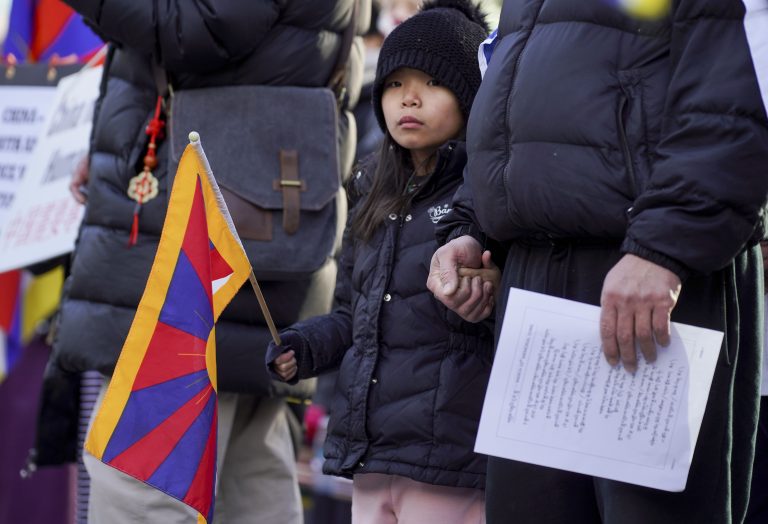On Feb. 26, Canada’s parliament completed the first reading of its controversial “Online Harms Act,” or Bill C-63, which proposes fining offenders upwards of CAD$70,000 (US$51,753) for hate speech and a potential sentence of life in prison for committing a hate crime.
Justin Trudeau’s ruling minority government says the legislation is a significant step forward in Canada’s efforts to combat online hate and will protect its citizens from harmful digital content.
Among the less controversial aspects of the legislation are provisions addressing the non-consensual sharing of intimate images, including deepfakes generated by artificial intelligence (AI) and content that “sexually victimizes a child or revictimizes a survivor.”
The more contentious aspects of the bill include fines of up to $5,000 (US$3,697) for a first offense for hate speech and life imprisonment for “every person who advocates or promotes genocide.”
The act defines hate speech as “the content of a communication that expresses detestation or vilification of an individual or group of individuals on the basis of a prohibited ground of discrimination.”
Success
You are now signed up for our newsletter
Success
Check your email to complete sign up
The legislation covers seven categories of harmful content including content that sexually victimizes a child or re-victimizes a survivor; content that could be used to bully a child or induces a child to harm themselves; or content that incites violence or foments hatred and intimate content communicated without consent.
The official title of the bill is, “An Act to enact the Online Harms Act, to amend the Criminal Code, the Canadian Human Rights Act and An Act respecting the mandatory reporting of Internet child pornography by persons who provide an Internet service and to make consequential and related amendments to other Acts.”
READ MORE:
- Deeper Into Deflation: China’s January Economic Data Shows Worsening ‘Balance Sheet Recession’
- Understanding the Chinese Calendar and Welcoming the Year of the Dragon
- 28,000 Silicon Valley Employees Lose Their Jobs Just One Month Into 2024
Social media platforms on notice
Under the legislation, social media platforms will have a “duty to act responsibly” and will be expected to reduce the exposure of harmful content to users by “continuously” assessing risks.
Social media platforms will also be required to develop mitigation strategies and provide tools for users to flag content they believe contravenes the legislation.
Platforms would also be required to develop “digital safety plans” that define measures that reduce the risk of exposing users to harmful content and to track the plans’ effectiveness.
The act also seeks to force social media companies to share their data with researchers in some circumstances.
In addition, the government will create a new “digital safety commission” composed of five individuals appointed by cabinet to facilitate the legislation and will appoint an “independent ombudsperson” that will be responsible for advocating on behalf of users.
“It (the ombudsperson) would provide information about complaints they wish to file and make recommendations to social media services, the regulator and the government,” The Canadian Press reported.
Only online platforms that have a certain number of users will need to adhere to the proposed legislation, however the specific size has not been disclosed and is expected to be defined under future regulations.
READ MORE:
- Stanford Researchers Use AI to Finally Prove Men’s and Women’s Brains Behave Differently
- US Adds More Chinese Military-linked Enterprises to ‘Section 1260H’ Entity List, Including Semiconductor and AI Firms
- Taiwan’s Chipmakers Pivot Towards Japan Amid Global Decoupling Efforts From Chinese Mainland
Online reaction
The proposed legislation is not sitting well with many online who are blasting it as more censorship from Trudeau’s liberal government and that it is using children to advance its internet censorship goals.
“The most disgusting and despicable aspect of Bill C-63 is that it is using the protection of kids from being sexualized and exploited online to shove thru authoritarian, freedom of speech infringing laws that only a dictatorship admiring gov can want,” Kirk Lubimov told his over 20,000 followers on X.
Independent journalist, Rupa Subramanya said that Trudeau’s liberal government will weaponize the legislation.
“Criminality on the internet is already part of our system of rule of law. Trudeau Liberals will weaponize their legislation to target their political and ideological opponents. Truly in dystopian Canada,” Subramanya posted to X.
In another post Subramanya wrote, “Canada and Ireland are in some kind of competition to see who can come up with the most illiberal, vague and prone to abuse hate speech legislation in the advanced western world. Only in tin dictatorships does the government decree what constitutes hate speech because definitions in the law are vague and opaque, and invariably used to target political and ideological opponents. Canada is already in a bad place but if this bill were to ever become law, we’ll go from the frying pan into the fire.
The legislation still has to wind its way through a complicated process before it is law, including two more official readings by sitting Members of Parliament, a “Report Stage,” and then it has to make its way through the Canadian Senate and pass three readings, before being passed into law, allowing for amendments throughout the process.













